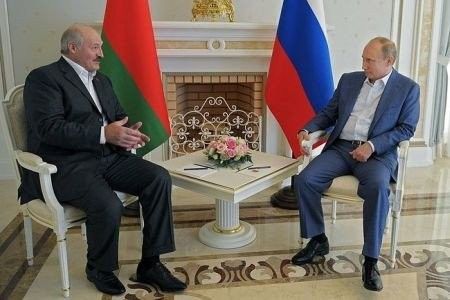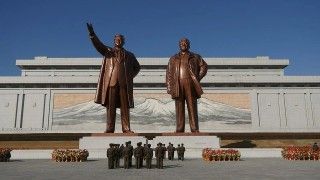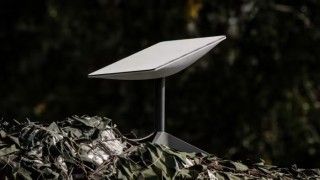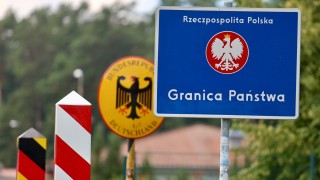- WIADOMOŚCI
American Tanks In Europe Are “A New Normal”
European US Army units Commander, general Ben Hodges, stated that deployment of a larger quantity of tanks and infantry fighting vehicles in Europe is going to become “a new normal” of a permanent character – as it is reported by Stars and Stripes.
Hodges stressed the fact that all of the countries, starting from Estonia, finishing with Bulgaria, have been proposing that they become the hosts for a US armoured brigade. Hodges probably referred to the Mid-Eastern Europe NATO member states in that statement. These countries have received NATO support within the scope of the Ukrainian crisis, and they include Poland, Romania, Bulgaria and the Baltic states.
USA is willing to station equipment for an armoured brigade combat group in Europe. This equipment is going to be used by the units that are permanently based in the USA. These units would be, in given year, acting under the jurisdiction of the US Army Command in Europe.
We do not know though, where the equipment is going to be stored. It is probable that some of the Brigade’s equipment would remain in Germany, while some is going to be deployed in the Mid-Eastern European states (including Poland). Hodges states that the respective decisions are going to be made within “a few weeks”.
After the World War 2, the Americans had a large armoured force at their disposal in Europe. This potential was being gradually reduced, at the dusk of the Cold War. The last two “heavy” brigades were disbanded due to the planned budget cuts stemming from the Budget Control Act. The Americans have been planing to maintain presence of equipment for a single battalion-sized unit in Europe, mainly for training purposes.
Storing equipment for a Brigade Combat Group in Europe is one of the elements of the activities related to provision of support for the Mid-Eastern European NATO members, in the light of the Russian threat. We should remember that in the recent years, some of the countries of the Western Europe, including the United Kingdom or Germany, have introduced significant cuts in their armoured forces. The Netherlands got rid of the armoured component of the army completely. The cuts, implemented by the European NATO members, are a reason for increased significance of the US military presence in the region of Mid-Eastern Europe.
















